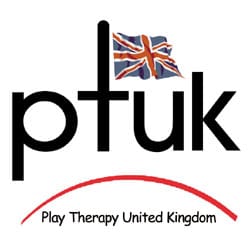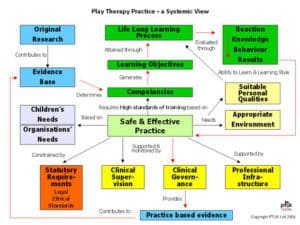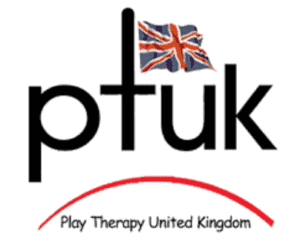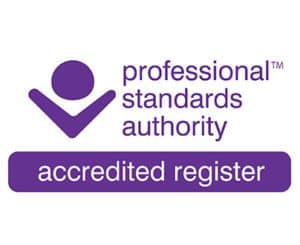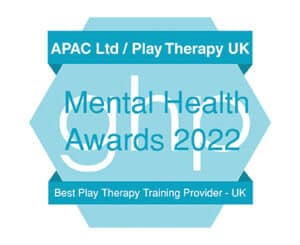There has been a major revision in 2006 with additions to the Competency Framework, the inclusion of Filial Play and the application of a four stage model of evaluation based on Kirkpatrick principles. (Play for Life journal Autumn/Winter 2006 edition).
The context of play therapy standards is shown in PTUK’s Play Therapy Practice Systemic View diagram. This is the basis of PTUK and PTI’s approach to standards providing an overall architecture. It guards against a piecemeal approach being taken.
Safe and effective practice requires high standards of training based on competencies from which learning objectives are derived. The learning objectives are attained through a life-long learning process. The effectiveness of the learning process is evaluated at four levels: reaction, learning, behaviour and results.
Safe and effective practice also requires an appropriate environment for practice and the practitioner needs to have suitable personal qualities.
Safe and effective practice must be based on the needs of the children, the parent/carers and the commissioning organisation or agency. It is constrained by statutory requirements and legal and ethical considerations.
The practitioner is supported and monitored by clinical supervision, a professional infrastructure (provided by PTI) and clinical governance. Clinical governance provides practice based evidence to the evidence base which is also fed by original research. The evidence base contributes to the development and refinement of competencies.
The three main areas of standards are:
| An Ethical System | To protect the children, their carers and the practitioners. |
| Profession Structure Model | To provide a coherent structure for the development of the profession including education and training standards based on a competency framework. |
| Clinical Governance | To manage the quality of therapeutic work and continuing professional development. The Play Therapy Dimensions Model , introduced in 2005 is a recommended therapy decision taking method. |
These standards, which are continually reviewed, are based upon the needs of clients – the children, those who are responsible for them – parents and carers, referrers – teachers, nurses, social workers, doctors etc and those that commission therapeutic services. The standards are produced through a collaborative process involving consultation with members of the profession in both the UK and internationally. All standards are kept under constant review by PTUK’s Executive and Advisory Boards.
